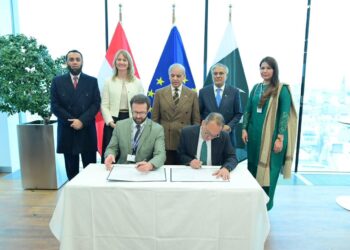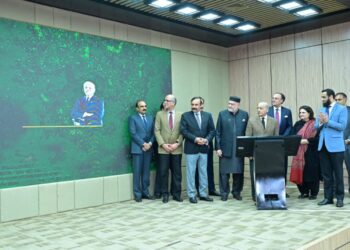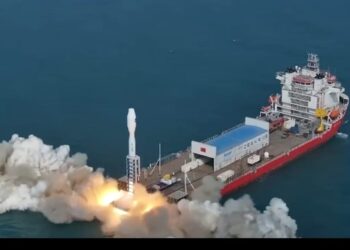The Islamabad High Court (IHC) has ruled in favor of restoring a two-day weekly meeting schedule for Pakistan Tehreek-e-Insaf (PTI) founder and former Prime Minister Imran Khan at Adiala Jail. The meetings will take place on Tuesdays and Thursdays, allowing designated individuals to visit him. However, the court has imposed a strict ban on media interactions following these meetings.
Court Decision on Meeting Schedule
The ruling was made by a larger bench comprising Acting Chief Justice Sarfaraz Dogar, Justice Arbab Muhammad Tahir, and Justice Muhammad Azam. The decision came after a series of legal petitions were filed regarding Khan’s restricted visitation rights. The court clarified that only those individuals named by Khan’s designated coordinator, Salman Akram Raja, would be allowed to meet him. Additionally, Imran Khan has been directed to file a separate application with the trial court if he wishes to meet his children.
Legal Arguments and Proceedings
During the court proceedings, Imran Khan’s lawyer, Zaheer Abbas, contended that despite following the standard operating procedures (SOPs) for visitation requests, meetings were still not being arranged as per protocol. He cited an instance on March 20 when the authorities failed to facilitate the meeting as per the agreed SOPs. Abbas emphasized that the issue had already been settled in an intra-court appeal and should not have resurfaced.
Salman Akram Raja further argued that, despite SOPs allowing meetings on Tuesdays and Thursdays, the jail administration had not been following through. Justice Arbab Tahir acknowledged that the bi-weekly meeting schedule had been formally approved in an earlier appeal.
Jail Administration’s Position
Naveed Malik, the lawyer representing the Adiala Jail superintendent, provided the court with an alternative perspective. He explained that, until December, meetings with Imran Khan had been taking place twice a week. However, after Khan and his wife, Bushra Bibi, were convicted in January 2024, their legal status changed, prompting alterations in the visitation schedule.
Malik further stated that due to security concerns, the jail administration had previously conducted two meetings on a single day rather than allowing meetings across two separate days. According to the existing jail regulations, the superintendent has the authority to determine the most feasible meeting arrangements.
Concerns Over Political Statements
A key argument presented by the jail authorities was that after these meetings, political statements were being made, which they believed could incite unrest. Malik alleged that PTI representatives often used these meetings for political messaging, violating the jail’s conduct policies.
The Acting Chief Justice addressed these concerns, questioning the necessity of media engagements after jail visits. He emphasized that those visiting Khan should refrain from making political statements upon leaving Adiala Jail. Justice Arbab Tahir also noted that 98 applications had been previously filed on the matter, indicating repeated violations of jail policies.
Court’s Final Ruling
The Islamabad High Court ultimately ruled that:
- Meetings with Imran Khan will take place on Tuesdays and Thursdays.
- There will be no media interactions following these meetings.
- Only individuals named by Salman Akram Raja, Imran Khan’s coordinator, will be permitted to meet him.
- If Imran Khan wishes to meet his children, he must file an application with the trial court.
Implications of the Decision
This ruling has been seen as a victory for Imran Khan’s legal team and supporters, who have been advocating for more frequent visitation rights. However, it also reinforces restrictions on political activity and media engagement within the jail premises. With the ban on political statements after the meetings, the PTI leadership will have to find alternative ways to communicate with the public and party members.
The decision reflects the ongoing legal and political battle surrounding Imran Khan, as his party continues to navigate challenges from both legal authorities and the ruling government. Moving forward, it remains to be seen whether this ruling will ease tensions between PTI and the government or further intensify the political debate over Khan’s incarceration.
Conclusion
The Islamabad High Court’s decision to restore bi-weekly meetings for Imran Khan is a significant development in the ongoing legal proceedings surrounding his detention. While it grants PTI some relief, the imposed restrictions indicate that authorities remain cautious about any potential political mobilization stemming from these meetings. As the situation unfolds, the decision’s impact on Pakistan’s political landscape will be closely watched by legal experts, political analysts, and the general public alike.

























